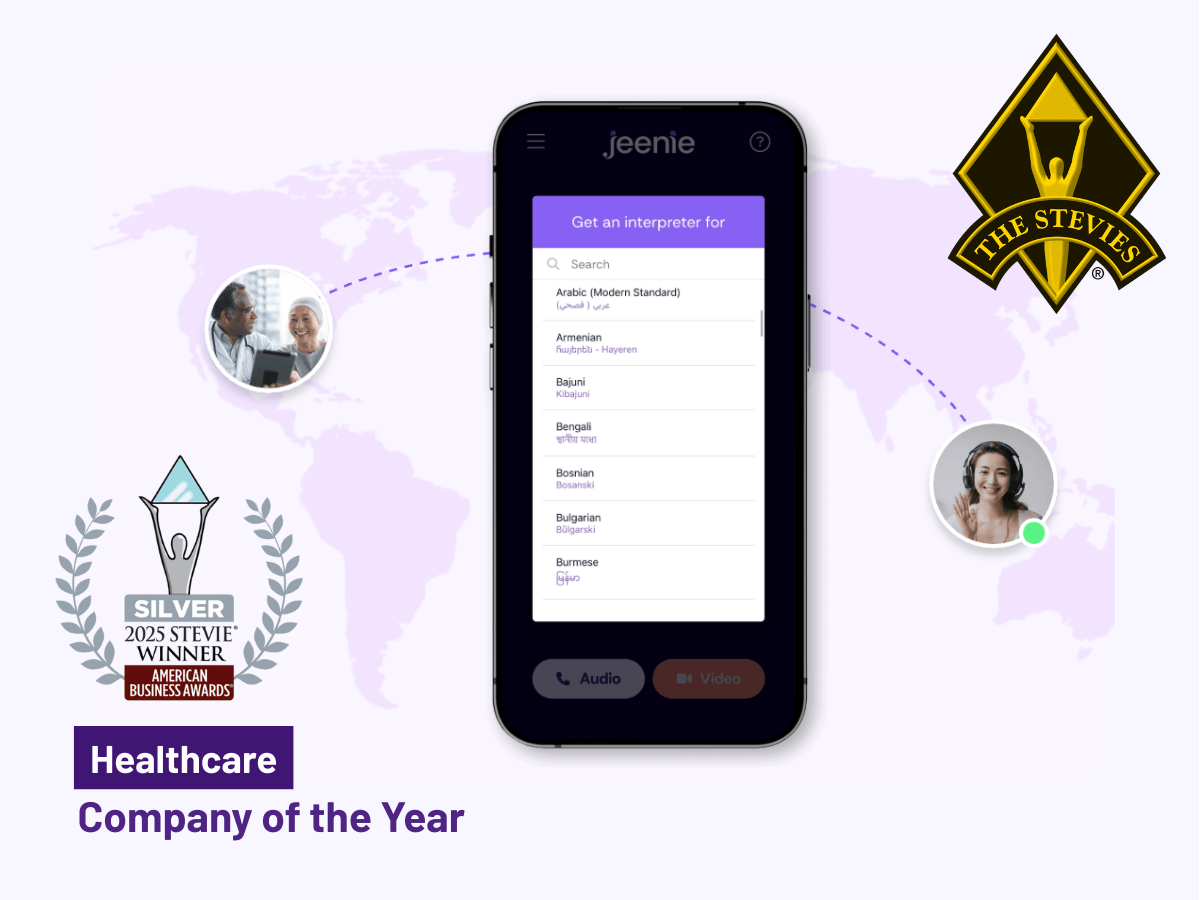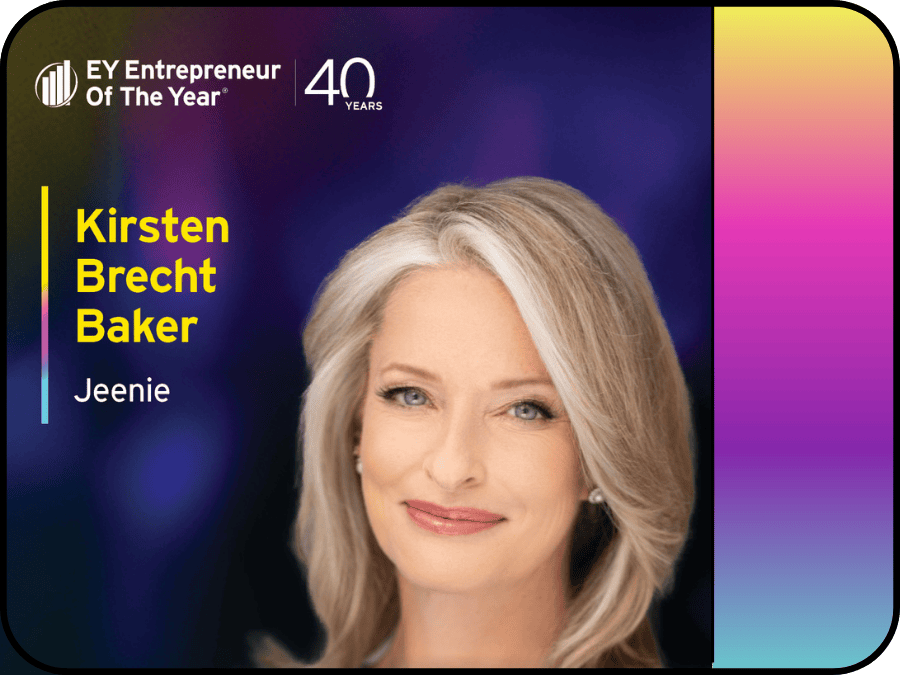The ‘Techquity’ Imperative: How Technology And Platforms Can Help Improve Health Equity
This article was originally published by Seth Joseph in Forbes on April 6, 2023.
Techquity as a concept is also the driving force behind a growing number of startups- including, and most meaningfully, healthcare platforms.
Just because the healthcare experience has gone digital doesn’t mean it’s readily accessible or easy to navigate – digitally or otherwise – for everyone, and certainly not equally. Digital inclusion, which some researchers have dubbed a “super” social determinant of health (SDoH), plays an increasingly important role in determining health outcomes – and, depending on a variety of factors, can either exacerbate or bridge gaps in health disparities.
The idea of healthcare technology being either a barrier or conduit to more accessible, equitable care is what’s been dubbed by many in the healthcare industry as “techquity.” Per the HLTH Foundation’s newly created Techquity for Health Coalition, techquity refers to:
"The strategic design, development, and deployment of technology to advance health equity, and acknowledgement that technology can inhibit advancements in health equity if not implemented intentionally and inclusively."
The article goes on to note ways that Jeenie is innovating in this area...
Language barriers are undoubtedly a significant driver of health disparities and a costly challenge for the entire healthcare system. One company that’s utilizing its platform to help patients, caregivers and providers to overcome issues related to language barriers is Jeenie. Jeenie’s on-demand platform connects providers (and patients) with medically qualified and HIPAA-compliant medical interpreters, available 24/7, in 300+ languages, including American Sign Language and indigenous languages. The company boasts the connections are made in under 30 seconds, on either video or audio, and without using call centers, operators, or “login hurdles.”
Rather than relying on the traditional medical interpreter services model - which consists of a complex chain of actors from vendors (who sell interpreter services) to brokers (who connect them to interpreter service providers) to call centers (who staff and employ interpreters) - Jeenie utilizes a technology-as-platform model that directly connects end users to medical interpreters that have signed up to be part of the Jeenie network.
Think of Uber’s model, but instead of riders and drivers, it’s providers / patients on one side and medical interpreters on the other.

Gezzer Ortega, MD, MPH is a professor and researcher on health disparities at Brigham and Women’s hospital (BWH), which uses the Jeenie platform.
“The capacity to use Jeenie on any mobile device removes the limitation of providing interpreter services only within the walls of our hospital. We know the vast majority of our healthcare occurs outside of the hospital and Jeenie can be there as well for our patients." Dr. Gezzer Ortega
Jeenie’s platform model seems to be paying off. CEO Kirsten Brecht Baker notes that the company has grown its market footprint by 400% since its Series A fundraise in February 2022, and now has healthcare customers in all 50 states.
Read the entire article on Forbes!









